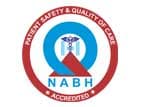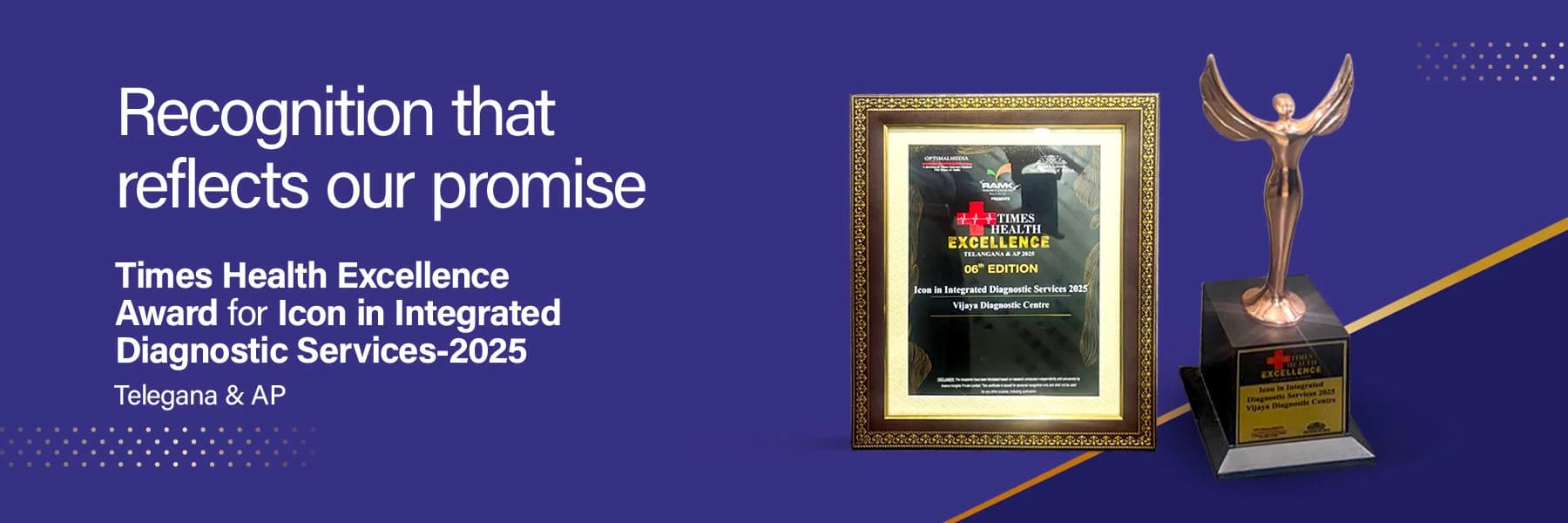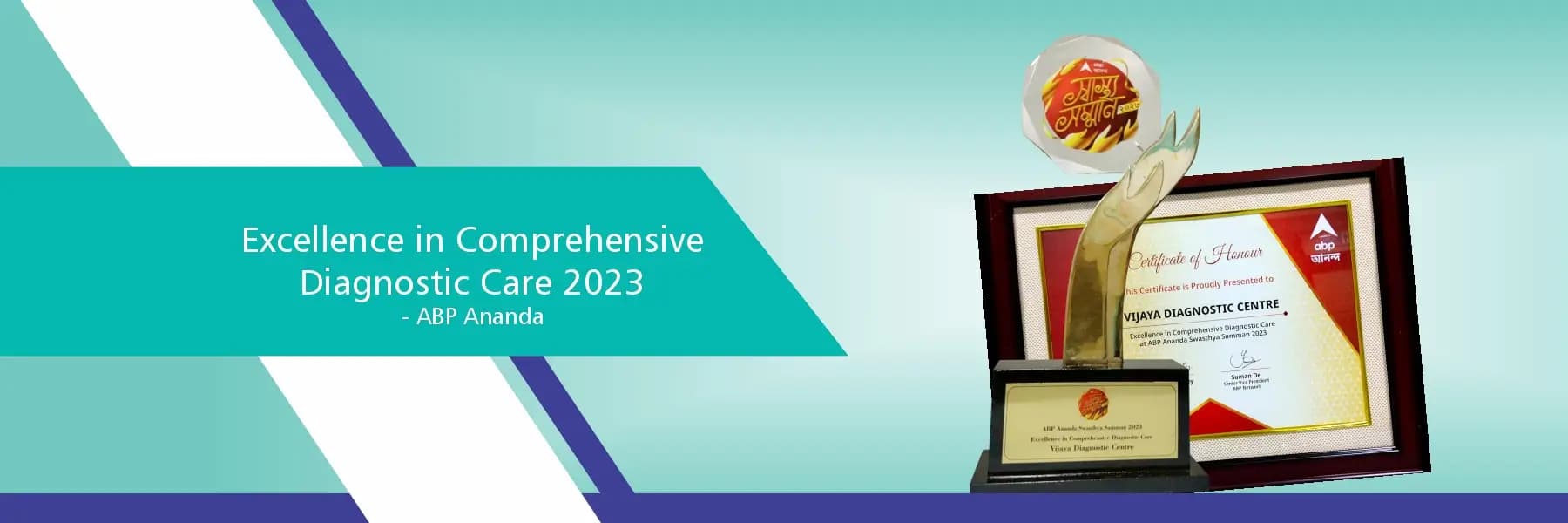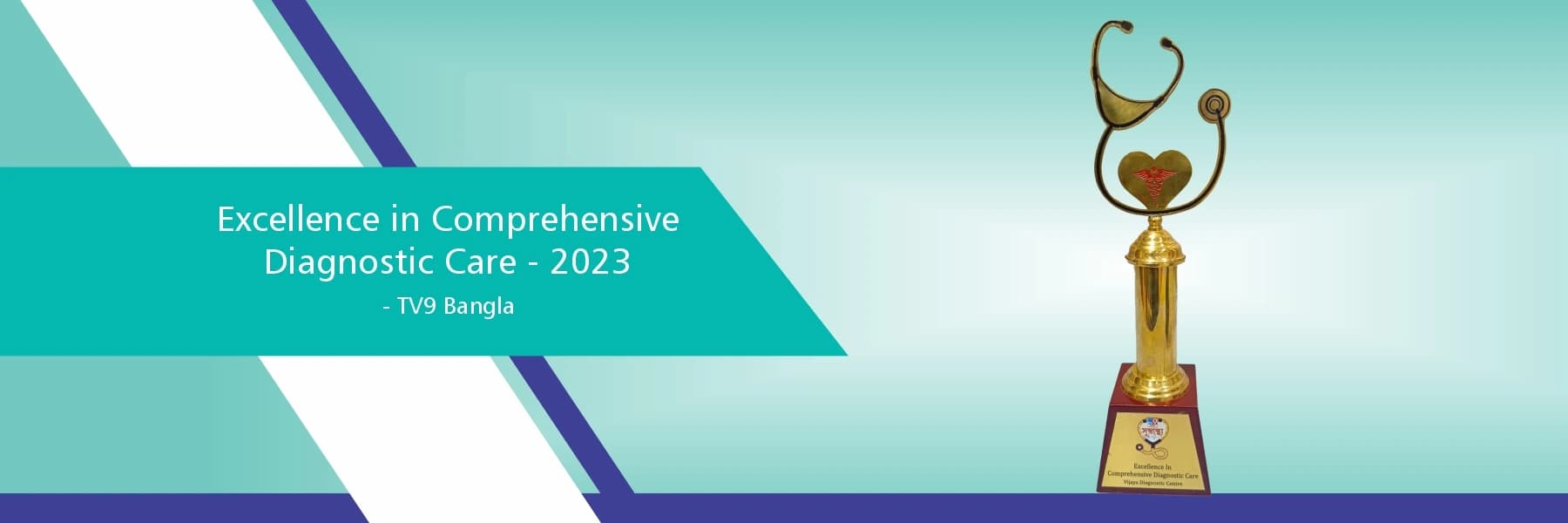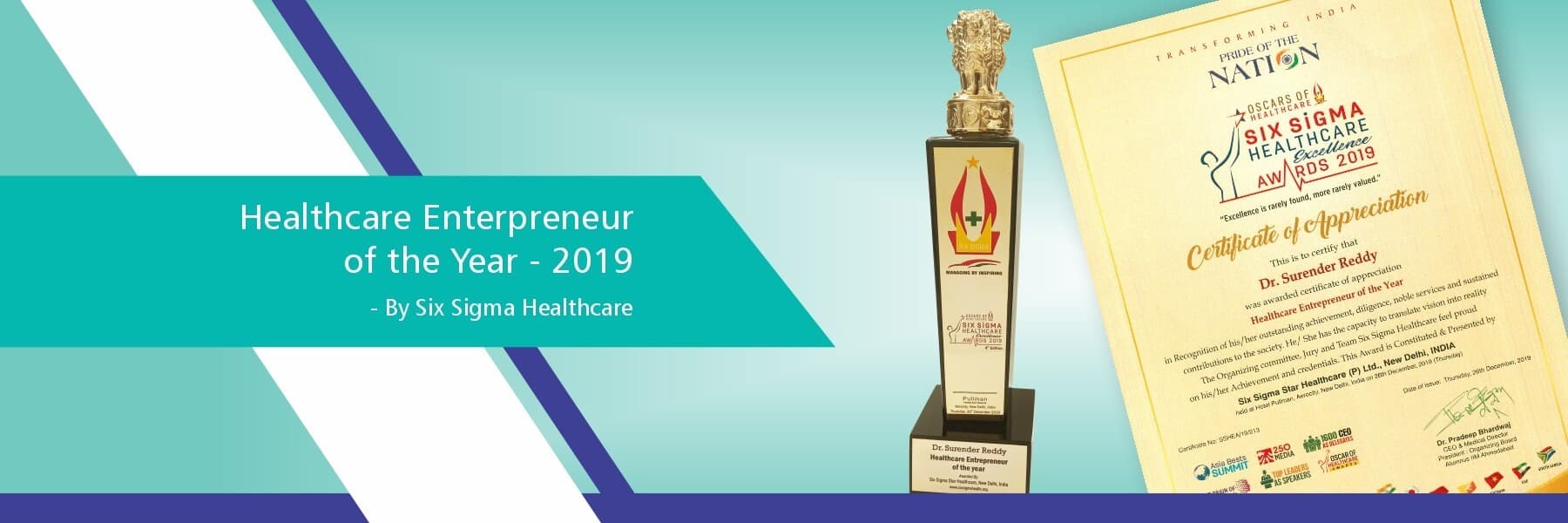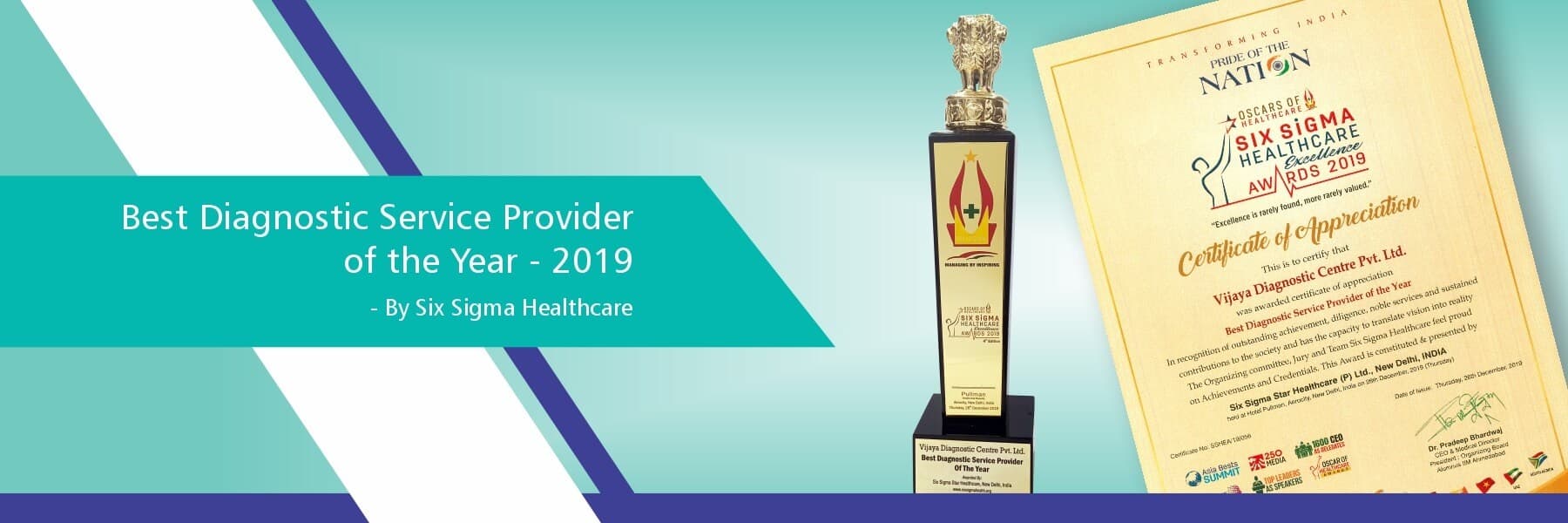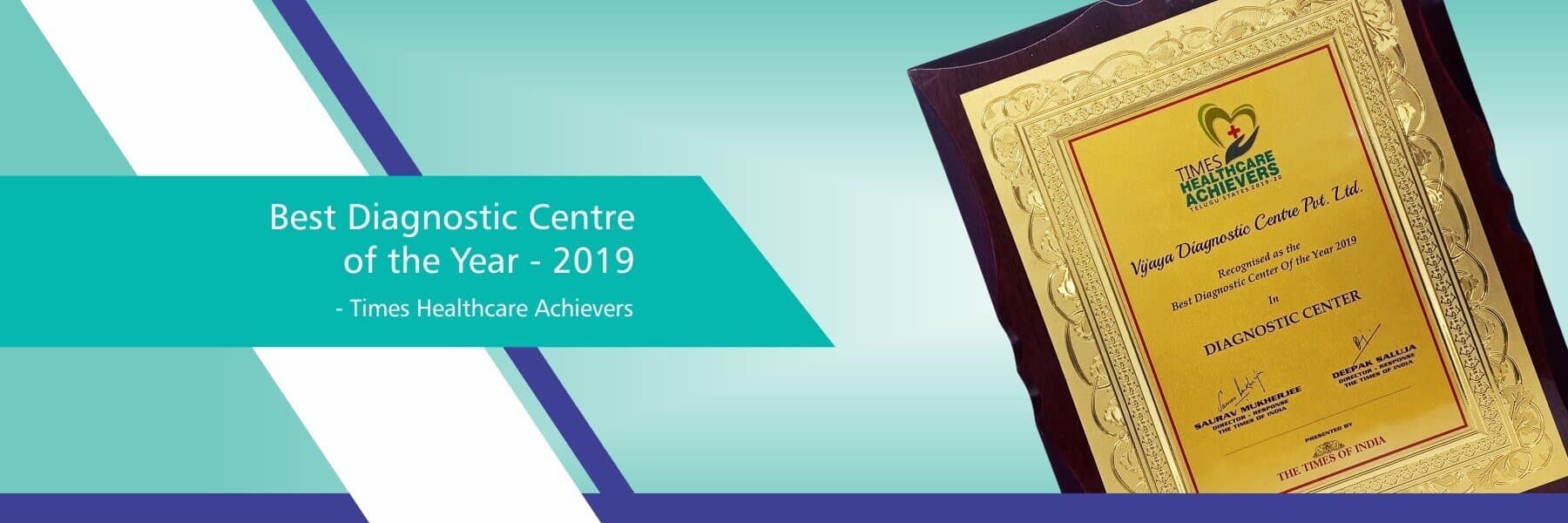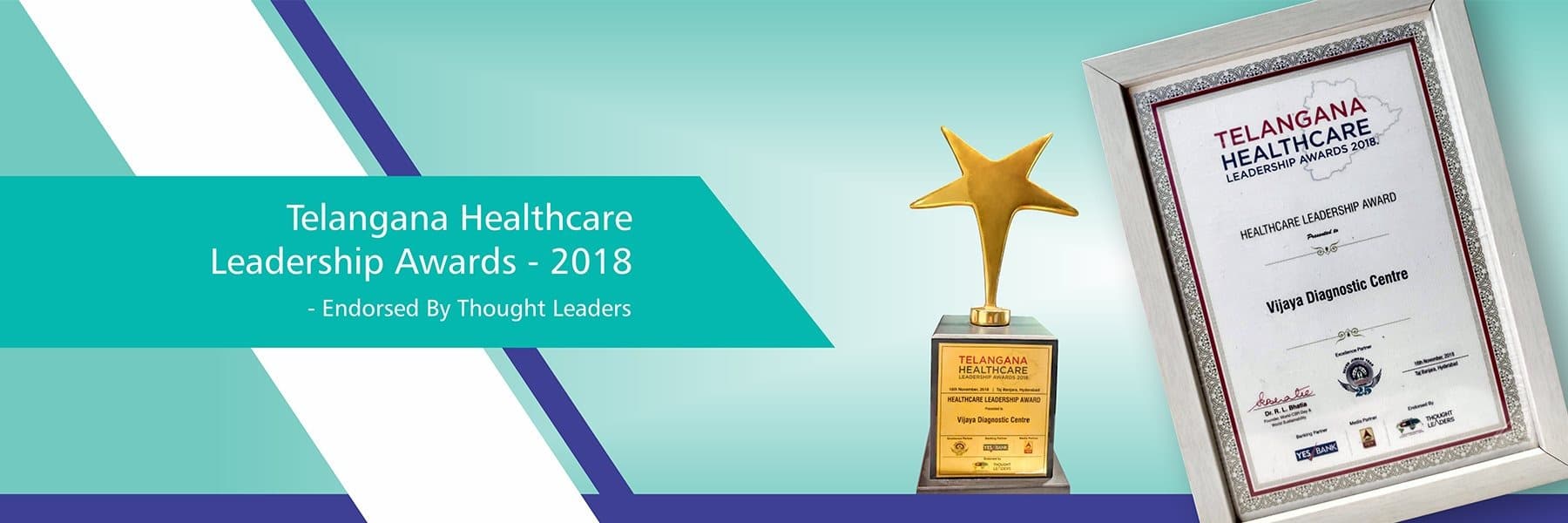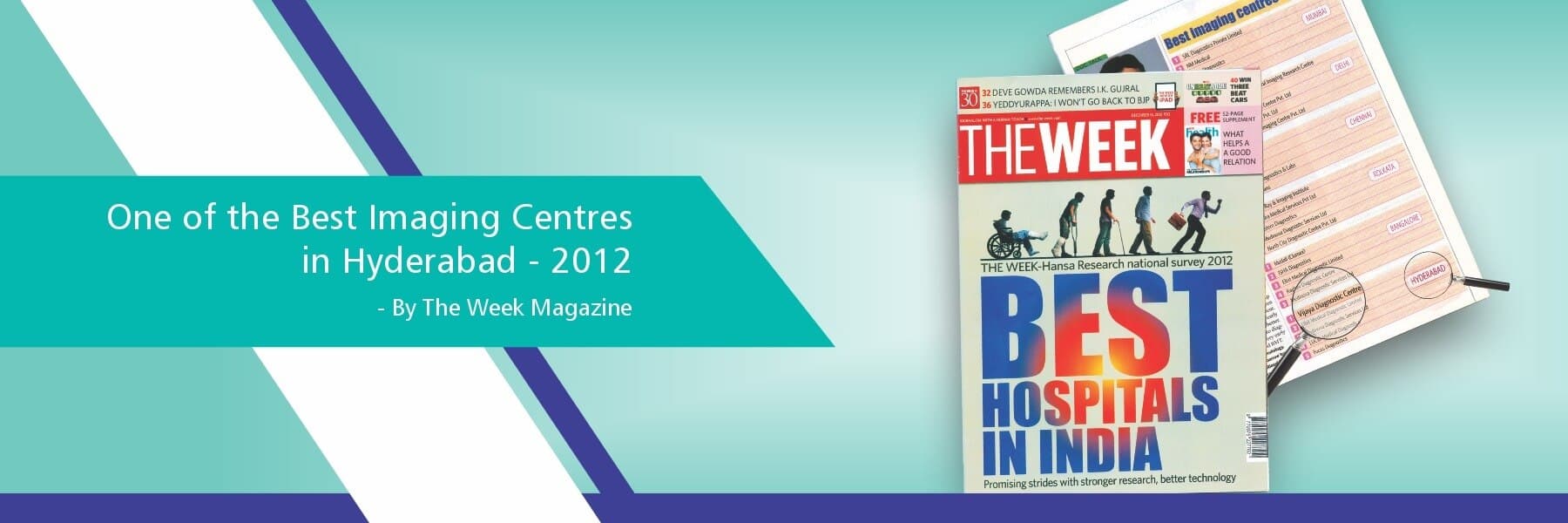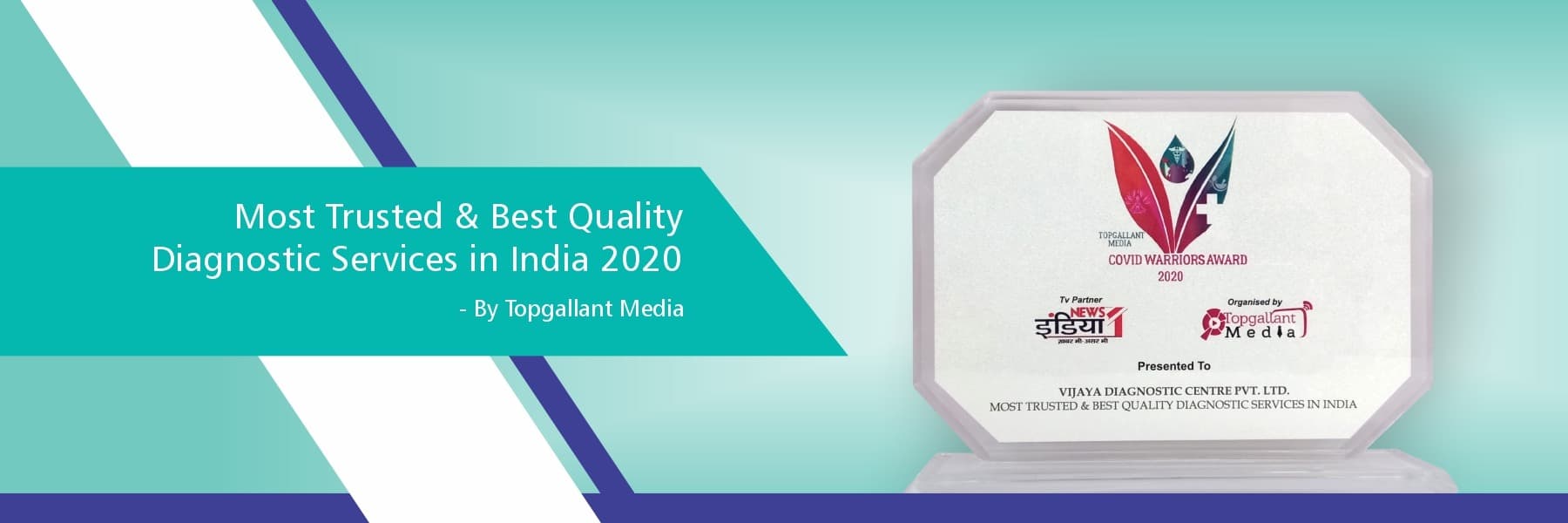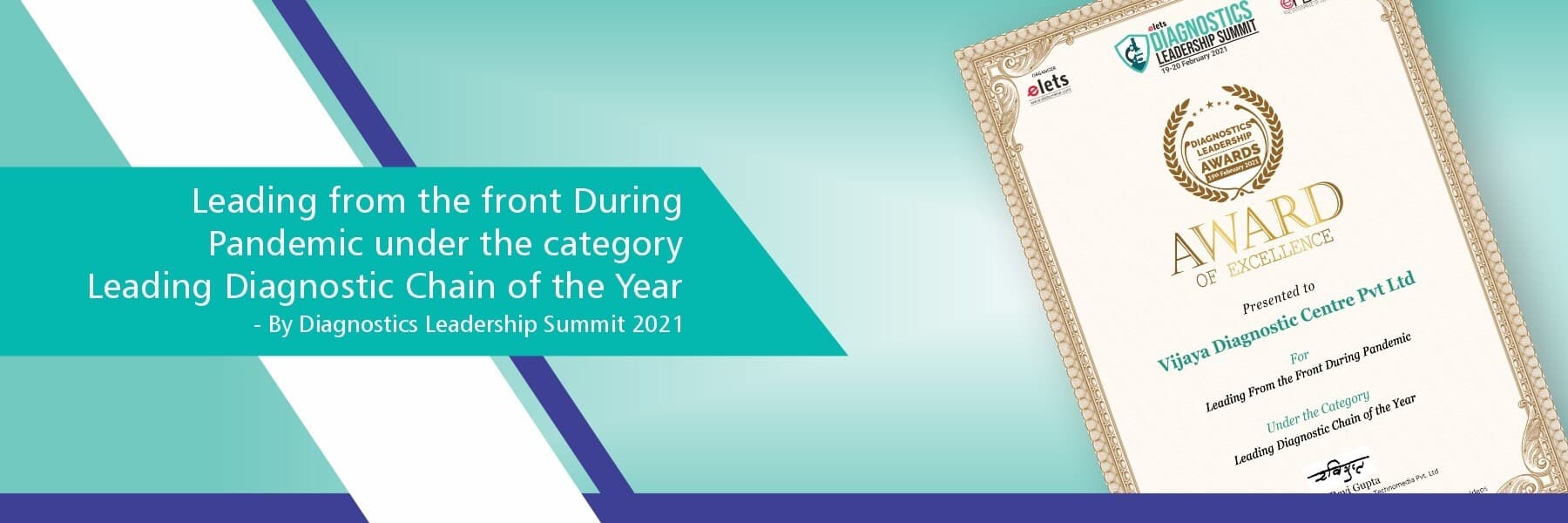What is Cardiology?
Cardiology is a branch of internal medicine dedicated to the diagnosis, treatment, and prevention of diseases affecting your heart and blood vessels, collectively referred to as the cardiovascular system.
A cardiologist is a specialist doctor equipped with the skills and knowledge to diagnose and treat heart diseases (conditions specific to the heart) and cardiovascular issues (conditions affecting the heart, the blood vessels or both). Some of the common Cardivasculars issues include valvular heart disease, heart failure and caronary artery disease.
Subspecialties of the cardiology field include echocardiography, cardiac electrophysiology, nuclear cardiology and interventional cardiology.
When would you need a cardiologist?
You might need to visit a cardiologist, if you experience one or more of the following symptoms:
- Difficulty breathing
- Chest pain or discomfort
- Changes in heartbeat or heart rhythm issues such as heart palpitations, arrhythmias (irregular heartbeats) and Atrial fibrillation (AFib)
- High BP or High Blood Pressure
- High cholesterol
- Fatigue
- Shortness of breath
- Swelling in your legs
- Dizziness
It is advisable for pregnant women, individuals with congenital heart conditions and individuals with a family history of cardiovascular issues, heart disease or stroke to consult a cardiologist for an accurate diagnosis and personalized treatment.
Patients who have recently had a heart attack or undergone a medical procedure/surgery for a heart condition might have to visit a cardiologist at periodic interviews for reviews and checkups.
What does cardiology involve?
Cardiology encompasses the following:
- Diagnosing and managing various heart conditions
- Preventive cardiology - this focuses on identifying individuals at high risk of developing heart disease and effectively treating them to prevent heart failure, other heart problems and associated complications.
- Interventional cardiology - This subspecialty involves minimally invasive procedures to treat heart conditions using catheters and other specialized procedures, such as angioplasty & stenting to open blocked arteries, valve replacements, and ablation procedures to correct arrhythmias.
- Cardiac imaging - This involves imaging techniques and modalities such as Echocardiograms, CT scans and MRIs which are useful for detecting, diagnosing, monitoring and treating heart conditions.
- Electrophysiology - a subspeciality of cardiology that focuses on the heart's electrical system. Specialized techniques like electrophysiology studies and catheter ablation are used to diagnose and manage arrhythmias
The core essence of cardiology is to diagnose and treat several types of cardiac disease and conditions which include:
- Coronary artery disease (CAD) - This is the most common heart disease. It occurs when the arteries that supply blood to the heart become narrowed or blocked by plaque buildup
- Heart failure - Heart failure occurs when the heart muscle becomes weaker and doesn’t pump blood effectively. Common symptoms include fatigue, swelling in the legs and the shortness of the breath
- Arrhythmias - Irregular heartbeats that can be caused by a variety of factors, such as stress, caffeine, or certain medications. Arrhythmias could be life threatening or even harmless at times. It is strongly recommended to get yourself checked by a cardiologist.
- Congenital heart conditions (defects present at birth) such as Pulmonary valve stenosis, Aortic valve stenosis, Coarctation of the aorta, Atrioventricular septal defect (AVSD) and Hypoplastic left heart syndrome (HLHS)
- Valvular heart disease - This condition affects the valves of the heart and keeps the blood from flowing in the right direction. This heart disease may valves to narrow (stenosis), leak (regurgitation) or keep it from closing properly
- Cardiomyopathy - this disease makes the heart muscle weaker and impacts its ability to pump blood effectively
- Pericarditis - an inflammation of the pericardium, the sac surrounding your heart. It causes chest pain while lying down or taking a deep breath
- Myocarditis - an inflammation of the heart muscle, usually caused by a viral infection
- Peripheral artery disease - a condition that affects the circulation of blood in the arteries of your limbs especially your legs. It occurs when fatty deposits build up inside the arteries, narrowing the passageway and reducing blood flow to your limbs
- Endocarditis - an infection of the inner lining of the heart as well as the heart valves. This can be life threatening if not diagnosed and treated properly.
- Atrial fibrillation (Afib) - This is the most common type of irregular heartbeat. In patients with Atrial Fibrillation, the upper chambers of the heart beat irregularly and out of sync with the lower chambers of the heart. It increases the risk of stroke, heart failure and other health problems.
- Pulmonary embolism (PE) - This is caused by a blood clot that blocks an artery in the lungs. Pulmonary embolism can be fatal.
- Atherosclerosis - This is a condition in which plaque builds up in the arteries throughout the body, not just in the heart. Atherosclerosis could lead to peripheral artery disease, stroke, heart disease and other heart conditions
- Hypertrophic cardiomyopathy (HCM) - A condition in which the heart muscle is thickened. HCM can make it difficult for the heart to pump blood effectively and can lead to symptoms such as shortness of breath, chest pain, and fatigue.
- Stroke - A stroke occurs when a blood vessel in the brain is blocked (Ischemic stroke) or bursts (Hemorrhagic stroke).
- High cholesterol - High levels of cholesterol can build up in the arteries, narrowing them and increasing the risk of heart disease and stroke.
- High Blood Pressure or hypertension - This is a condition in which the force of blood pushing against the walls of your arteries is too high. Over time, high BP could damage your heart and blood vessels, increasing the risk of heart attack and stroke.
- High Blood Pressure or hypertension - This is a condition in which the force of blood pushing against the walls of your arteries is too high. Over time, high BP could damage your heart and blood vessels, increasing the risk of heart attack and stroke.
How are cardiac diseases diagnosed?
Your cardiologist or doctor will start by asking about your personal medical history, symptoms you are experiencing, family history of heart problems and lifestyle habits (diet, exercise, smoking, drinking). They may also perform a physical examination, check your blood pressure & heart rate and listen for any abnormal heart sounds.
Based on the initial impression, your cardiologist may order a particular test or a battery of tests to arrive at a diagnosis and provide an effective personalized treatment plan.
Some of the common cardiac diagnostic tests include:
1. Electrocardiogram (ECG or EKG): A non-invasive and painless test that measures the electrical activity of your heart and detects irregularities in rhythm, conduction or damage.
2. Ambulatory ECG: During this test electrodes are stuck to your chest and your heart rhythm is recorded while you exercise or go about regular activities.
3. Holter monitor: This is effectively like a continuous ECG. It is used to monitor your heart for 24 to 48 hours and look for abnormalities that may go undetected during a routine ECG.
4. Tilt Table Test: This may be ordered if you’ve recently fainted. This involves lying on a table that tilts upright while your heart rate, blood pressure, and oxygen are monitored. It helps doctors understand if the cause of fainting was heart-related or something else.
5. Imaging tests allow cardiologists to visualize your heart and blood vessels and evaluate their health and integrity. Common cardiac imaging techniques include
- Echocardiogram: Uses ultrasound waves to create images of your heart's structure and assess its function.
- Chest X-ray: can be used to detect an enlarged heart or signs of fluid buildup.
- Cardiac CT scan: Provides detailed 3D images of your heart and blood vessels.
- Cardiac MRI: Offers detailed images of your heart's structure, including areas not easily visualized with other methods
- Carotid ultrasound or carotid duplex scan: It uses sound waves to construct images of the carotid arteries on both sides of the neck, enabling doctors to detect plaque buildup in the arteries and assess the risk of stroke
6. Stress tests: These tests are used to evaluate how your heart responds to physical exertion or medication induced stress.
- Exercise stress test: You walk on a treadmill or ride a stationary bike while your heart rate and rhythm are monitored
- Nuclear stress test: A small amount of radioactive material is injected before the stress test to visualize blood flow to your heart muscle.
7. Electrophysiology study (EPS) of the heart: A catheter is inserted into a vein at the top of your leg and guided to your heart under fluoroscopy to measure & analyze the electric signals within your heart.
8. Electron-Beam Computed Tomography or EBCT: This specialized scan detects calcium buildup in your heart arteries, an early marker of clogged arteries and potential heart disease
9. Blood tests such as lipid profile, D Dimer, HbA1c (for diabetes) and C-reactive protein (CRP) may also be used to diagnose heart conditions.
Studies by the World Health Organization (WHO) reveal that India contributes to one-fifth of global cardiovascular disease (CVD) deaths, particularly among younger populations. Additionally, recent research indicates that CVD accounts for a quarter of all deaths in the country.
Remember, you have the power to protect your heart and prioritize your well being. Get proactive with our preventive health checkups and comprehensive range of diagnostic tests. Avail exclusive discounts and skip the line by booking an appointment now on the Vijaya diagnostics app.
Choose Vijaya Diagnostics - because your health deserves nothing less!
How to choose a cardiologist?
If you are wondering how to find the best cardiologist near me then here are a few pointers for you to consider:
Start with recommendations:
- Ask your general physician for referrals based on your needs.
- Look for cardiologists affiliated with reputable hospitals or clinics.
- Seek recommendations from trusted friends or family who have had similar health issues
Check their qualifications:
- Ensure that your cardiologist is board-certified and verify their credentials.
- Consider their area of subspecialty if you have specific needs (e.g., electrophysiology, interventional cardiology).
Assess experience and fit:
- Look for experience treating conditions similar to yours.
- Consider their communication style and patient reviews.
- Evaluate their bedside manner and how comfortable you feel with them
Frequently Asked Questions
1. What are Common Heart Conditions?
Ans - Coronary artery disease (CAD), Heart failure, Arrhythmias, Valvular heart disease and High cholesterol are some of the common heart conditions.
2. What are the Risk Factors for Heart Disease?
Ans - Risk factors for heart disease include:
- Lifestyle: Smoking, obesity, unhealthy diet, physical inactivity, sedentary lifestyle, and excessive alcohol consumption increase the risk of heart disease significantly
- Age: Risk of heart failure increases with age (especially over the age of 65).
- Family history: Having immediate family members with heart disease increases your risk of heart disease
- Medical conditions such as High blood pressure or hypertension, high cholesterol and diabetes increase your risk of heart failure
3. When should someone consult a cardiologist?
Ans - You should consult a cardiologist if you experience:
- Chest pain or chest discomfort
- Irregular heartbeat or heart palpitations
- Swelling in feet and ankles.
- Shortness of breath (especially if you experience shortness of breath at rest)
- Persistent high blood pressure or high cholesterol despite making lifestyle changes
It is also advisable to visit a cardiologist if your immediate family has a history of heart failure at a young age.
Please note that the above list is not exhaustive.
4. What is cholesterol, and how does it affect heart health?
Ans - Cholesterol is a fatty substance found in the blood. Cholesterol build up in your arteries can narrow the arteries significantly and affect blood flow & blood pressure, thereby increasing the risk of heart disease and stroke.
Drag & drop your files here, Or
browse files to upload.
.pdf, .jpg & .png formats supported. Upto three files can be uploaded at a time
Frequently Asked Questions (FAQs)
Centre Details & Locations
You can click on the Centre Locator mentioned on the top right bar of our home page website to locate centres in your city. You can also search in Google “Vijaya Diagnostic Centre near to me” to find the nearest centre.
Yes, most of the centres have this facility.
Yes, you can check the operational timing of a branch by selecting the centre you want to visit on our website or Google map of respective centre
Health Checkup & Packages
The validity of a health check package is 30 days from the date of invoice, for more detail to Terms & Condition of use section on our website.
Watch This Video for Detailed Information
Play This Video
Once the validity period is over for your registered package, the package cannot be availed. The amount paid by you during the registration process is non-refundable, non-transferable and gets forfeited if you do not visit the branch within the validity period. The amount paid by you during the registration of the special package cannot be utilized for availing other packages.
No. These are special promotional packages which are available for registration only during the specific campaigns and thus it is important for you to register there during the event/campaign. These are specially designed and discounted packages which are only available during the campaign with specific validity period.
The package once registered, is non-transferable. One has to utilize the package for the registered customer only.
Home Sample Collection
Yes, you can book a Home Sample collection by selecting the desired tests on our website or calling our customer care number at 9240 222 222.
Yes, you can prepone/postpone an appointment by calling our customercare number at 9240 222 222.
Reports
Visit Home page of our website and click on Download reports icon. You need to login with mobile number and OTP. You will see your latest report in PDF format.
No, your reports would not be shared with anybody else other than you.
Tests Information & Instructions
Yes, fasting is recommended before undergoing a blood test.
Watch This Video for Detailed Information
Play This Video
Important Instructions:
- Generally, fasting is required prior to administering IV contrast. Fasting for ~ 4 hours (solid foods) is recommended.
- Kidney function test (serum creatinine) in cases of positive clinical history.
- Review of your medical history to determine that no issues exist preventing you from having a CT scan, such as pregnancy / contrast allergy or reaction (i.e., hives, rash, itching, breathing difficulty).
- A person accompany for IV contrast procedure.
Pre-scan requirements:
- Some CT scans require drinking oral contrast, for approximately 30–60 minutes prior to your scan.
- Some CT scans involve an injection of contrast, for which an IV cannula will be inserted.
Post-scan Requirement:
You will be provided with post-procedure instructions at the centre



